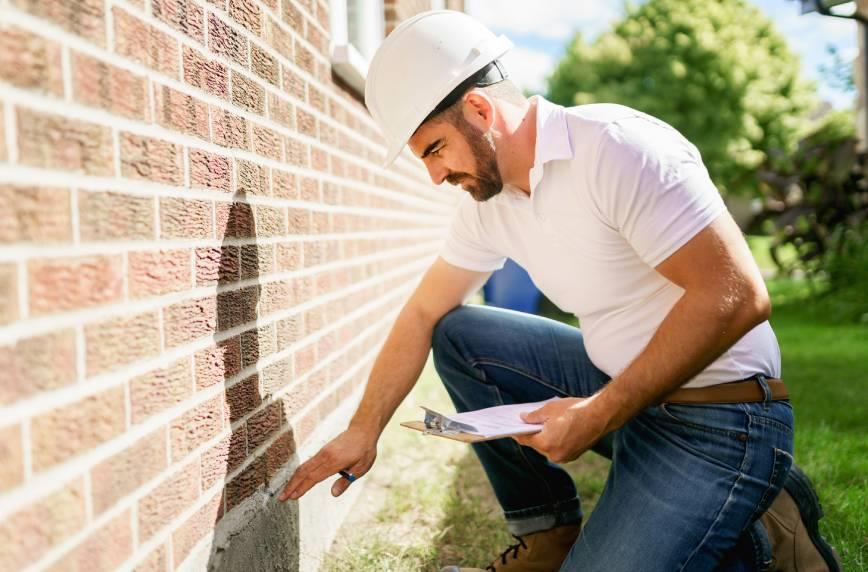Understanding What Home Inspectors Look For


Preparing your home for sale can feel overwhelming, and it’s hard to know where to start. One crucial step in the selling process is the home inspection, where potential buyers will want to ensure the safety of the home before they make an investment. Understanding what home inspectors look for can help you address issues beforehand and make your property more appealing to buyers.
Structural Integrity
Home inspectors will examine the structural integrity of the building, including the foundation, walls, and roof. They will check for cracks, warping, or any signs of deterioration.
Besides visible cracks and warps, inspectors will also test for stability and alignment. A well-maintained foundation and roof not only improve the longevity of your home but also its market value. Addressing any structural issues early can make your property more attractive to potential buyers and expedite the selling process.
Environmental Hazards
Environmental hazards, such as radon, lead paint, and asbestos, pose significant health risks and can deter potential buyers if not appropriately addressed. Testing for and mitigating these issues can protect the health of future occupants and increase your property’s appeal.
One of the benefits of using radiation detectors during a home inspection is that it demonstrates transparency to the buyers. Ensuring that your home is free of hazardous materials shows your commitment to the well-being of future residents.
Electrical, Plumbing, and HVAC Functionality
Home inspectors will thoroughly examine the electrical systems in the home to ensure safety and functionality. They will check for outdated wiring, proper grounding, and the integrity of circuit breakers and outlets.
Plumbing inspections focus on ensuring pipes, faucets, and fixtures work well. Inspectors will test for leaks, water pressure issues, and signs of water damage throughout the home.
Finally, inspectors will examine the HVAC system to confirm its efficiency and safety. They evaluate the condition of the furnace, air conditioning unit, and ductwork to ensure the system creates a comfortable living environment.
Building Code Compliance
Compliance with building codes and regulations is crucial for the safety and habitability of your home. Home inspectors will look for functional and necessary safety features, such as smoke detectors, handrails, and egress windows. They will also verify that any renovations and additions meet local codes and have the necessary permits.
If you’re completing renovations that add maximum value to your home, such as updating the kitchen, it’s imperative that you comply with building codes to prevent legal issues and penalties when the time comes to sell. Always consult a licensed contractor and obtain the necessary permits before beginning any work. Additionally, familiarize yourself with local building regulations and schedule inspections to verify compliance throughout the renovation process.
A favorable home inspection can enhance your property’s market attractiveness and expedite the sale. You can efficiently prepare by focusing on structural integrity, eliminating environmental hazards, and adhering to building codes. Furthermore, proper maintenance of electrical, plumbing, and HVAC systems assures buyers of the home’s reliability. Follow these tips to make your home more attractive on the market.
